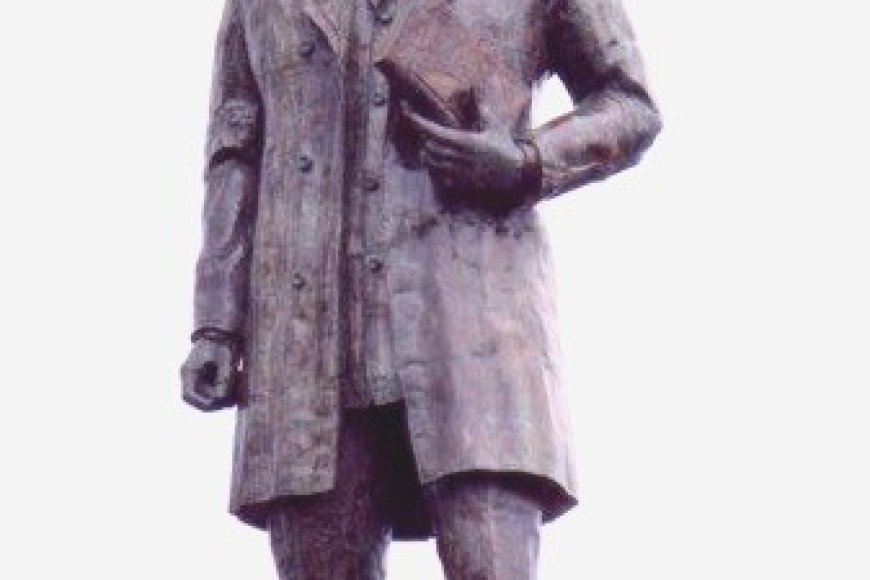Congress:
Rep. Dina Titus, D-Nev., who co-chairs the Congressional Gaming Caucus, says the policy she wants to overturn is different from other major Democratic concerns in President Donald Trump’s “Big Beautiful Bill.” “This is very simple. It’s something that people didn’t talk about that’s not going to generate much money. It’s an easy fix and it’s nonpartisan,” she said. “I’m not trying to turn this into any ideological argument. I just think it’s a fair tax fix.” Photo by: Steve Marcus
Wednesday, July 9, 2025 | 2 a.m.
U.S. Rep. Dina Titus, D-Nev., is expanding the coalition opposing a last-second provision added to President Donald Trump’s “Big Beautiful Bill” capping how much can be deducted from gambling winnings to 90% of losses, she told the Sun.
Under the Republican-led tax plan signed Friday, a person betting $10,000 over a year while breaking even on legalized gambling would only be able to deduct $9,000 from winnings. That leaves $1,000 in taxable “winnings” that the player never saw.
Titus’ FAIR BET Act, cosponsored by Rep. Ro Khanna, D-Calif., was introduced Monday to reverse that change.
While some of the bill’s other supporters — such as fellow Nevada Reps. Steven Horsford, a Democrat, and Republican Mark Amodei — were unsurprising. But Titus has brought aboard Republicans who have made a point of being loyal to Trump.
Rep. Troy Nehls, R-Texas, who last year said “Donald Trump is really never wrong” while speaking to reporters about tariffs, was the first Republican to voice support for Titus’ legislation.
On Tuesday, Titus added Rep. Jeff Van Drew, R-N.J., to the list of conservative in Congress backing the bill. In 2019, Van Drew pledged “undying support” to the president after switching parties. Van Drew also represents a focal point of the national gaming industry in Atlantic City, N.J.
While that may seem like two Trump loyalists opposing the White House, Titus said she doubted the president was even aware of the tax change.
Titus, who co-chairs the Congressional Gaming Caucus, says the policy she wants to overturn is different from other major Democratic concerns in the reconciliation bill. Those concerns include the bill’s effects on health care, food assistance and renewable energy.
“This is very simple. It’s something that people didn’t talk about that’s not going to generate much money. It’s an easy fix and it’s nonpartisan,” she said. “I’m not trying to turn this into any ideological argument. I just think it’s a fair tax fix.”
In addition to people choosing not to report gambling winnings and losses to the IRS, the change “will drive people away from the regulated gaming market into (the) black market,” Titus said. “Tax policy is supposed to be fair. You’re not supposed to pay income tax on income you don’t get.”
The policy was added to the Senate’s version of the reconciliation bill late in the process, and Senate Finance Chair Mike Crapo, an Idaho Republican, has been mum on its inclusion. Titus believes it was done largely to generate revenue amid extending massive tax cuts.
“They were looking everywhere they could to find some money, and gaming is always an easy target,” Titus said. “There’s still a bias against gaming. We have to watch that all the time. And so they just saw this as a little pot of a billion dollars that they could take.”
With her concerns about nonreporting and bettors moving into the black market, Titus said it wouldn’t make the money proponents were looking for anyway. Changing the gambling provision on the House side immediately would likely also have required Republicans to blow past the July 4th deadline set by House Speaker Mike Johnson, R-La., to get the bill to Trump’s desk.
The gambling world, from poker pros to fanatic sports bettors, have had a harsh reaction to the tax change, with some decrying it as doomsday for the industry.
The community was especially bothered by a statement from the American Gaming Association, which turned off comments on X for the post. While the organization ended by saying it would be working with Congress to address the tax change, it started with high praise for the reconciliation bill and its effects on the industry.
The organization is now backing Titus’ legislation, ESPN reported Monday. Along with Congress, the AGA said it was committed to working with the Trump administration to reverse the change.
“Gaming over the years has had to play defense, so they don’t like to get out there and make a lot of noise,” Titus said, adding that the organization likely appreciated some of the bill’s business provisions. “They didn’t want to have them come back with more taxes on gaming, and so they just let this slide. We are glad that they’re endorsing my bill.”
.png)








 English (US) ·
English (US) ·